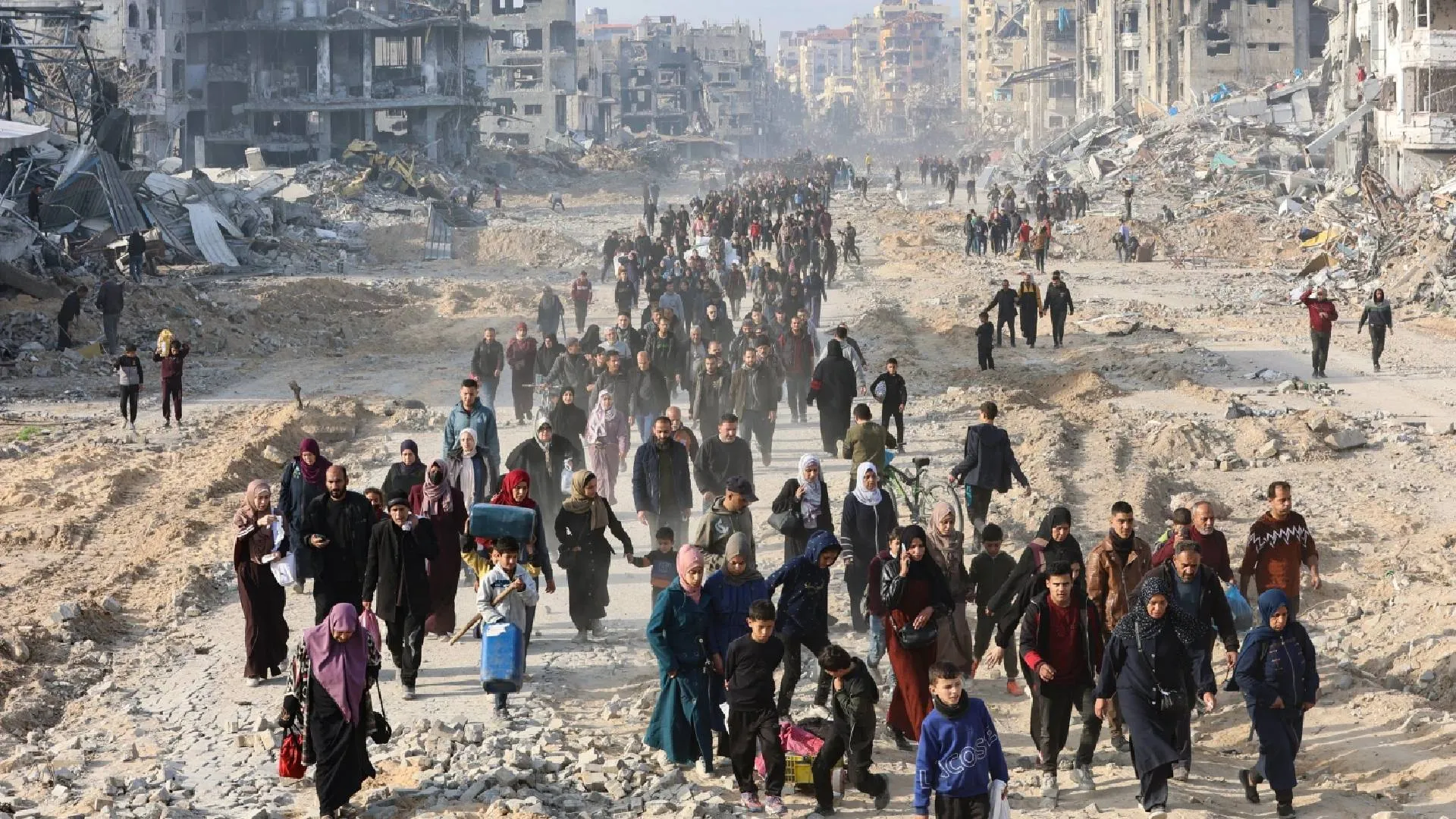Cambodia on Thursday inaugurated its newest and biggest airport, a Chinese-financed project meant to serve as an upgraded gateway to the country’s major tourist attraction, the centuries-old Angkor Wat temple complex in the northwestern province of Siem Reap.
The Siem Reap-Angkor International Airport is located on 700 hectares (1,730 acres) of land about 40 kilometers (25 miles) east of Angkor Wat and boasts a 3,600-metre-long runway. It can handle 7 million passengers a year, with plans to augment it to handle 12 million passengers annually from 2040.
The airport began operations October 16, with the first flight to land coming from neighbouring Thailand. The old airport it replaces was about 5 kilometres from the famous tourist site.
Thursday’s inauguration was presided over by Prime Minister Hun Manet, Chinese Ambassador to Cambodia Wang Wentian, the governor of China’s Yunnan province, Wang Yubo, and other officials.
Speaking at the ceremony, Hun Manet said the old airport was located too close to the Angkor temples and it was feared that vibrations from passing flights were damaging their foundations. Tourism is one of the main pillars supporting Cambodia’s economy. According to the Ministry of Tourism, Cambodia received some 3.5 million international tourists in the first eight months of 2023, while for the whole of 2019 — the last year before the coronavirus pandemic — it received some 6.6 million foreign visitors.
“Hopefully, 2024 will be the year of the beginning of the advance and rebirth of the tourism sector in our Siem Reap province,” Hun Manet said.
















